Precision Matters: The Importance of Equipment Calibration
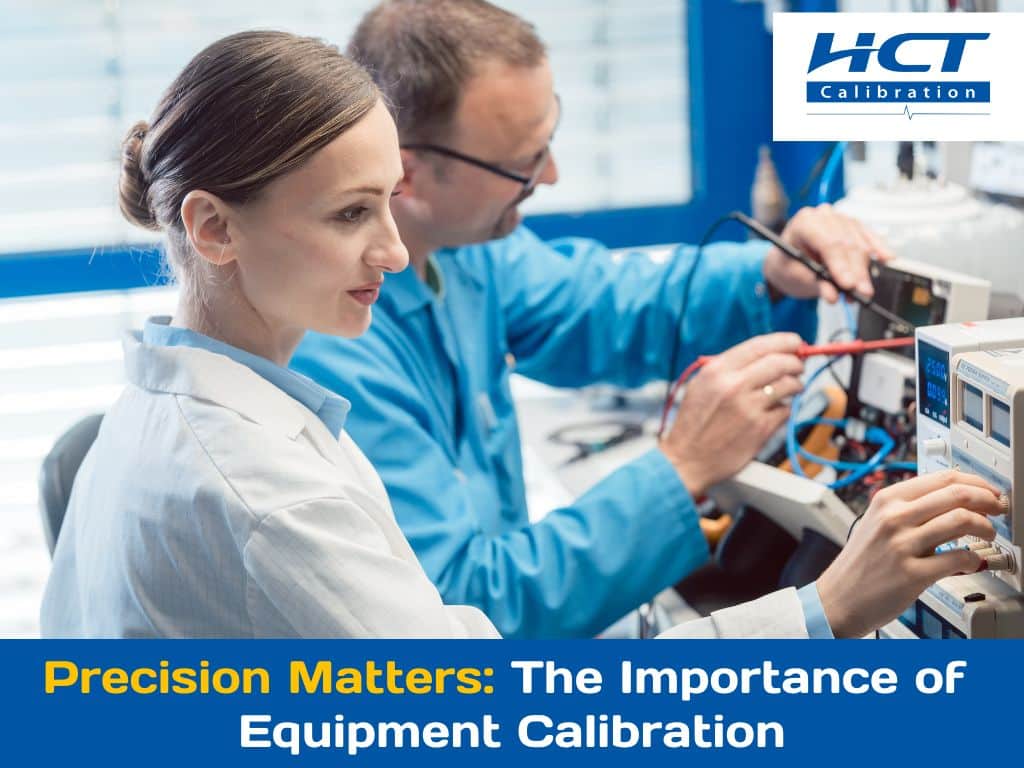
To keep any production process running smoothly, you need to keep a close eye on the details. Monitoring the pulse of your operation – the frequency, amplitude, and tolerances – is often the critical difference between success and failure.
However – you’ll need to ensure that you’re measuring these details accurately, and the best way to do this is through diligent equipment calibration. But what is equipment calibration, and why is it so important?
Let’s take a closer look at the precision calibration process and its benefits for your equipment and processes.
What is Equipment Calibration?
Equipment calibration is the process of assessing a device’s performance against an existing traceable standard. This method ensures that the measurements an instrument is providing are…
- Accurate
- Reliable
- Consistent
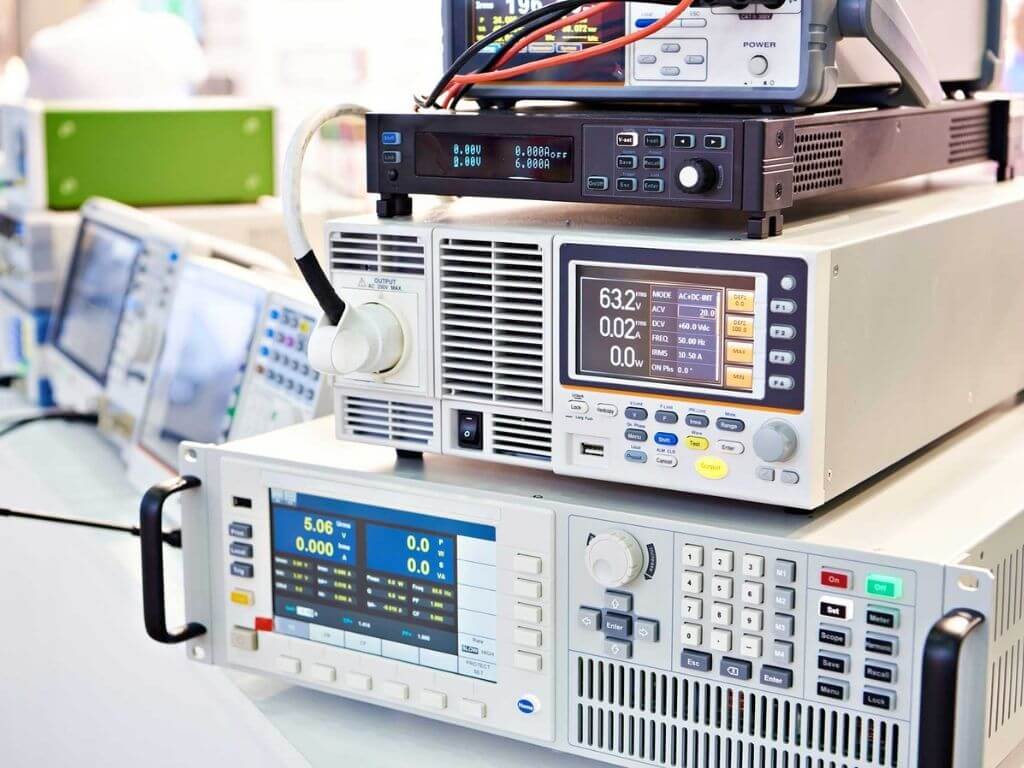
A vast range of equipment requires regular calibration. These include antennae that transmit and receive data, sensors that detect physical phenomena, and measuring instruments such as pressure gauges and thermometers. Each of these devices plays a significant role in production processes – and if they aren’t accurate, they can significantly affect the quality of the final product.
The calibration process involves several steps. These include:
- Establishing a reference standard: Start by selecting a device known for its high degree of accuracy and traceability to use as a standard.
- Performing measurements: Take measurements from your reference standard device and the device being calibrated.
- Comparing results: Assess results from both devices.
- Determining any deviations: If the device being calibrated deviates in measurement from the reference standard, it could be an indication of inaccuracy.
- Repeating the process: This process should be repeated several times to correctly determine the degree of accuracy or inaccuracy in the target device and make adjustments as necessary.
Why Should You Calibrate Your Equipment?
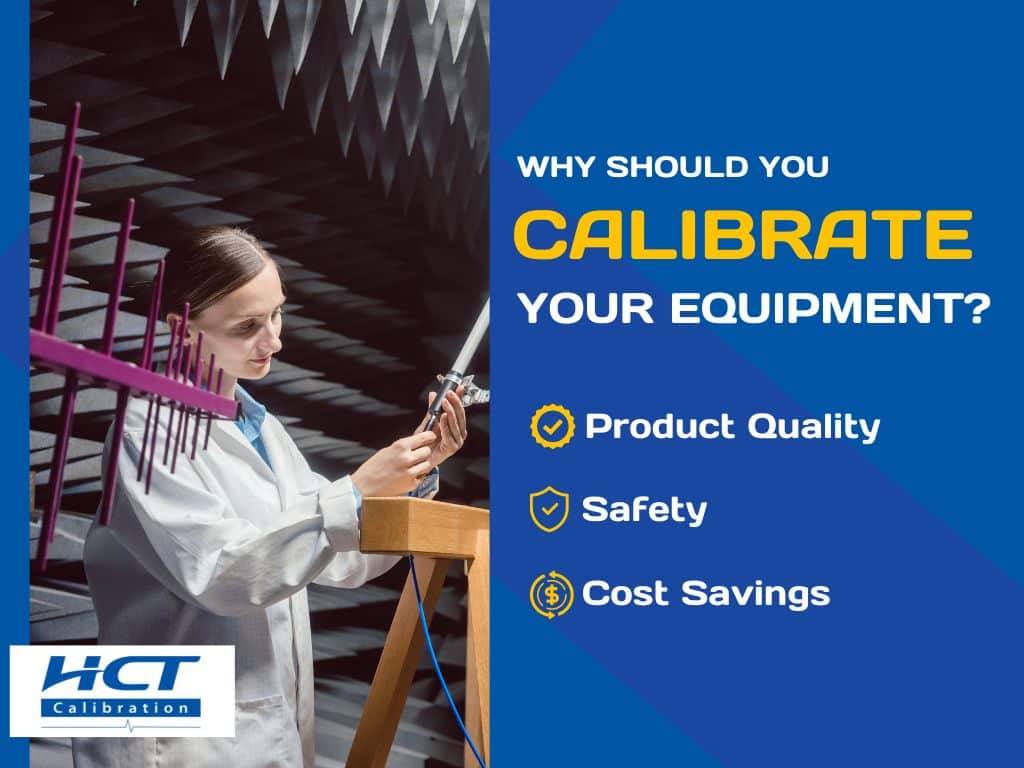
If you don’t regularly calibrate your equipment, you’ll end up with inaccurate measurements, which negatively affects the safety and productivity of your entire production process.
Additionally, calibrating your equipment regularly and properly helps ensure…
Product Quality
Regular calibration ensures the reliability of your measurements and, consequently, the quality of your products. Many types of production equipment require precise measurements in order to work correctly, tracking parameters like torque, frequency, temperature, humidity, and more.
Operating with uncalibrated devices can result in discrepancies in these measurements. In turn, this could significantly compromise the integrity of your equipment and the quality of your end product.
For example, if a temperature sensor in a food processing plant is not calibrated correctly, products could end up overcooked or undercooked, negatively affecting the safety and taste of the end product.
Safety
Using an uncalibrated device doesn’t just affect your product quality – it can actually be dangerous in many situations. Calibration should be non-negotiable for maintaining safe operating conditions.
For example, if a pressure gauge in a chemical plant isn’t properly calibrated, it could misrepresent the actual pressure in a vessel and potentially lead to catastrophic failure. This poses a severe risk to your personnel and to the surrounding environment.
Cost Savings
Regular calibration will also help you keep your operational costs in check. Almost everything measured in your facility has an associated cost, and inaccuracies can drive those costs up. Investing in proper calibration ensures that everything is functioning as it should and prevents inflated costs that could negatively affect your budget.
For example, inaccurate electrical data comes with a variety of hidden costs. If your meter is reading higher than your actual electrical consumption, your energy bills could skyrocket. However, if your meter reads lower than your consumption, it could result in equipment malfunction and production issues.
Different Types of Equipment Calibration
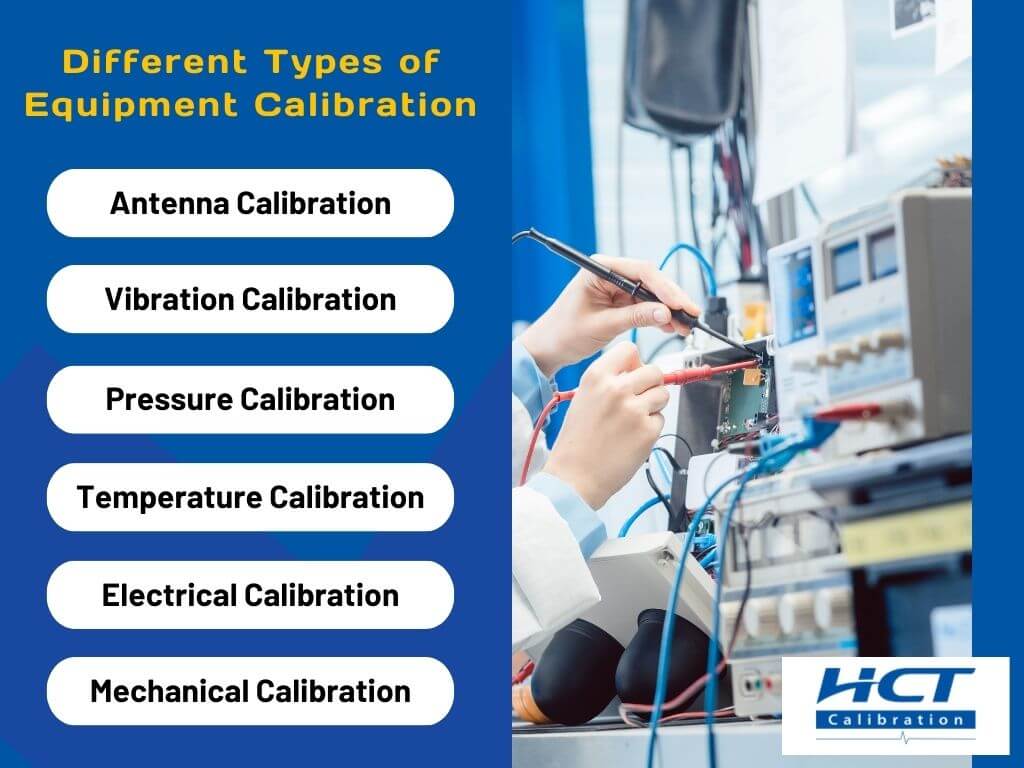
There are many different types of equipment used in production facilities, each of which requires different types of calibration. Here are a few of the different types of equipment calibration available.
Antenna Calibration
Antenna calibration ensures that an antenna is transmitting and receiving properly across a specified frequency range. This is crucial for telecommunications and defense operations, which rely on signal strength and precision for system performance.
Vibration Calibration
Vibration calibration focuses on equipment that is used to measure vibrational forces, such as accelerometers and vibration analyzers. This type of calibration is used in a wide variety of industries, most notably automotive and aerospace production. Understanding and controlling vibrations is key to product performance and longevity.
Pressure Calibration
Pressure calibration is the process of verifying the accuracy of pressure-measuring devices. This includes instruments like pressure gauges, transducers, and transmitters.
Whether it’s in an oil refinery managing fluid pressures or in a research lab studying atmospheric pressure, accurate pressure measurement is fundamental. Calibration ensures that these measurements are reliable for safety and operational efficiency.
Temperature Calibration
Temperature calibration measures instruments like thermometers, thermocouples, temperature sensors, and any other devices that quantify temperature. This ensures that temperature readings are accurate.
Temperature calibration is used in a wide range of industries but is particularly common in pharmaceutical manufacturing and food processing. Even minor temperature deviations during production could affect drug potency or food safety.
Electrical Calibration
Electrical calibration focuses on devices that measure voltage, current, resistance, and frequency. These include multimeters, oscilloscopes, power supplies, and signal generators. Electrical calibration is essential to keep systems running efficiently and keep energy costs down.
Mechanical Calibration
Mechanical calibration focuses on instruments like torque wrenches, load cells, and micrometers, just to name a few. These devices measure mechanical properties like force, torque, and mass, which are pivotal components of many different manufacturing operations.
Contact Us For Your Equipment Calibration Needs
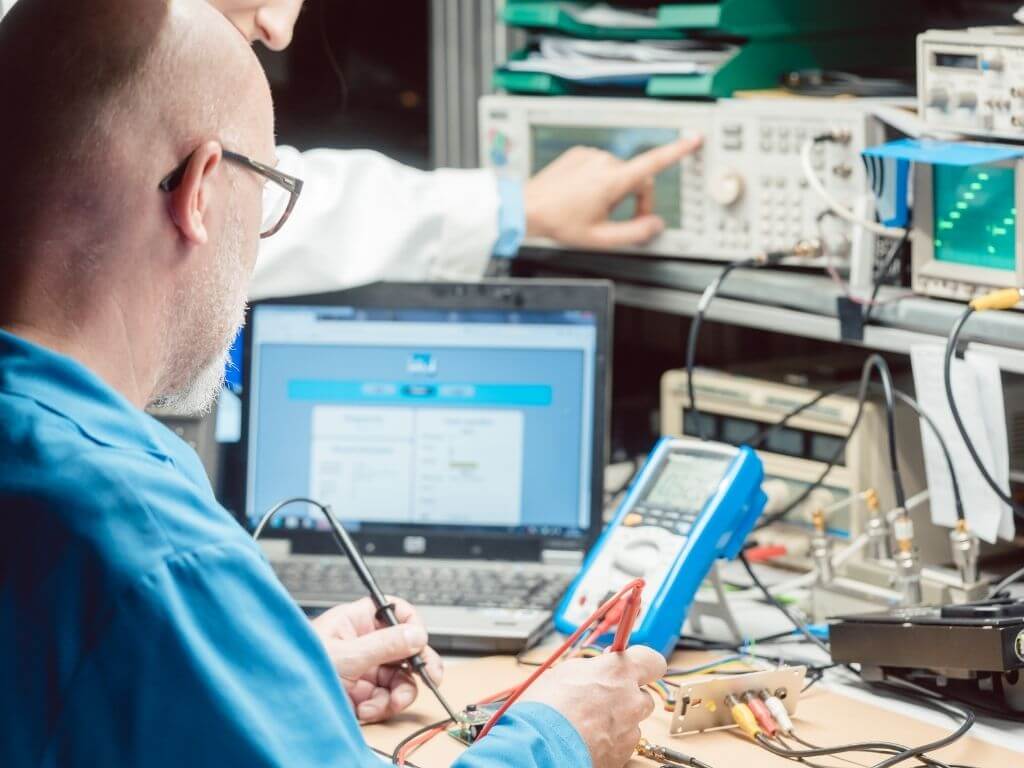
Precise equipment calibration keeps your operations safe and cost-effective while ensuring that your products are of the highest possible quality.
HTC Calibration is a name you can trust for all of your calibration needs. With over 20 years of experience, we serve a diverse range of businesses throughout California with reliable, professional calibration services.
Our expert team offers accurate, timely, and comprehensive calibration solutions tailored to your specific needs. Get in touch today to learn more about calibration options for your needs.
